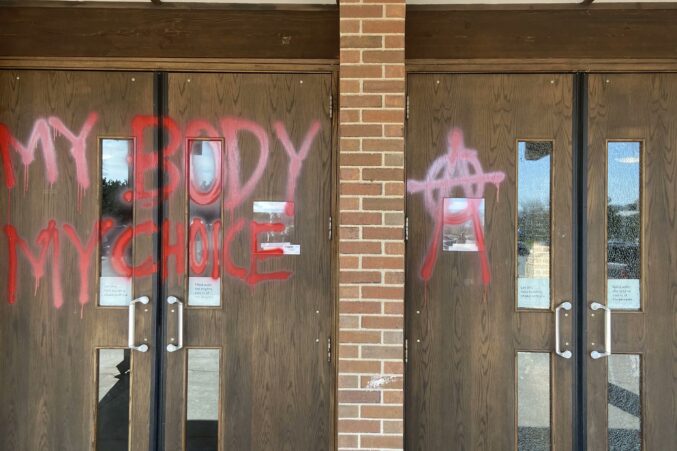
Anti-Christian crimes in Europe are increasing, according to a recent report by the Observatory on Intolerance and Discrimination against Christians in Europe (OIDAC). For example, it says that arson attacks on churches increased by 75pc in 2022 compared with 2021.
In 2022, OIDAC recorded 749 anti-Christian hate crimes across 30 European countries. Notably, there were 38 physical assaults and three murders. Religious services were disrupted at least 19 times.
These numbers might be just the tip of the iceberg due to underreporting and lack of media attention.
Between 2021 and 2022, there has been a worrying increase in these crimes, especially arson attacks, which rose from 60 to 105. Many of these incidents are linked to radicalised groups, sometimes Islamist in nature, with anti-Christian sentiments.
The report highlights the ongoing debate about freedom of speech. New laws are emerging that regulate and limit speech, sometimes even extending to private conversations.
Ireland’s hate speech Bill was presented as a case in the report. The Bill is quite extreme as it criminalises possessing material deemed ‘hateful’ against certain groups, but ‘hate’ is not defined.
Another example is the creation of “buffer zones” around abortion clinics in the UK and Ireland, leading to the criminalisation of Christians for activities like silent prayer in public areas.
There are moves to eliminate conscience clauses from medical laws. This puts Christian medical professionals who refuse to participate in certain practices, like abortions, due to their religious beliefs, in difficult positions.
The report mentions concerns about vaguely formulated and expansive laws that could criminalise parents, pastors, and teachers for expressing dissenting opinions on certain controversial topics.
For instance, the UK government voted to introduce a new mandatory curriculum on sex education in Northern Ireland, which includes lessons in how to access abortion. The legislation will put pro-life parents, or schools in a very difficult position.
The reports says: “The right of parents to educate their children in accordance with their religious beliefs has continuously been threatened through legal provisions, criminalising ‘non affirmative’ communication between parents and children in regard to identity-related issues as well as through obligatory school education on ideological issues contradicting religious or moral beliefs”.
Indeed, there is also worry about potential legal repercussions for parents who, based on their religious beliefs, advise their children against undergoing hormone therapies or other similar interventions in order to ‘transition’ from one ‘gender’ to another.
The OIDAC report also found that the conflict between Russia and Ukraine has significantly affected religious freedom. Russian authorities and troops have violated Christian religious freedoms by closing churches and detaining religious leaders.
The report also sheds light on the severe persecution of Christians in other parts of the world, like Nigeria, Armenia, India, and Pakistan.
The organisation calls for greater attention and action from European institutions to these issues of Christian persecution, which are often ignored by the media. But given that governments can sometimes be behind moves to crackdown on dissent from certain liberal orthodoxies, on abortion and gender ideology for instance, this might be a vain hope.
Nessun commento:
Posta un commento